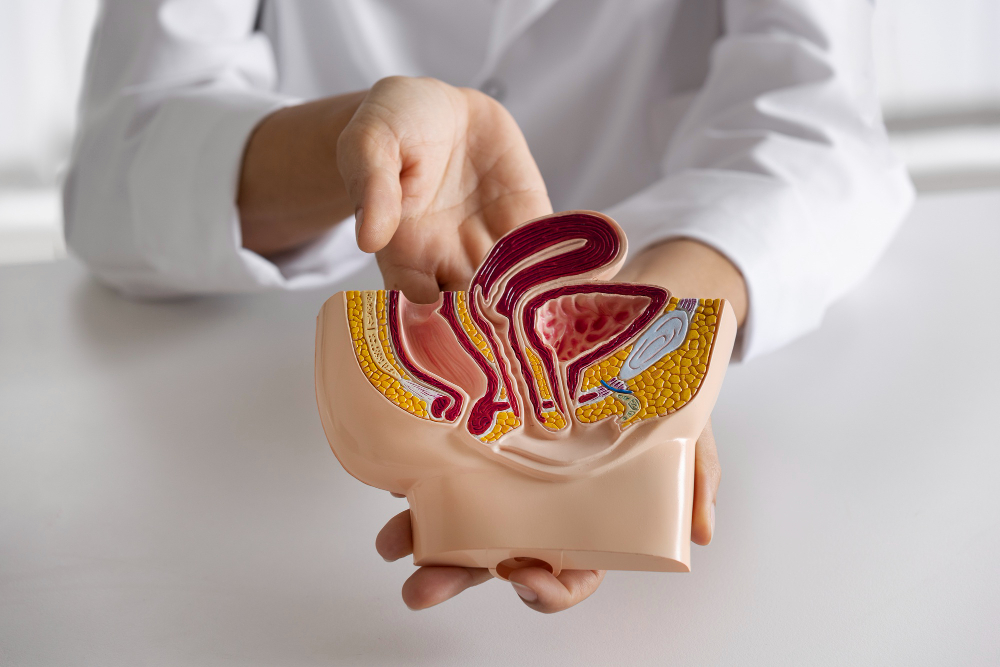Head and Neck Cancers
Urological Cancers

Urological Cancers
Understanding Urological Cancers
Urological cancers affect the organs of the urinary system and male reproductive organs, including the kidneys, bladder, prostate, and testicles. These cancers can be effectively managed with early detection and modern treatment approaches.
Common Types of Urological Cancer
- Prostate Cancer:The most common cancer in men; often grows slowly and is highly treatable.
- Bladder Cancer:Typically originates in the inner lining of the bladder; smoking is a major risk factor.
- Kidney (Renal) Cancer:Often found incidentally during imaging for other conditions.
- Testicular Cancer:Affects younger men, usually between ages 15 and 40; highly curable.
- Penile Cancer:Rare, usually linked to HPV or poor hygiene.
Risk Factors
- Age (especially over 50)
- Smoking and tobacco use
- Family history of urological cancers
- Exposure to chemicals (e.g., dyes, industrial chemicals)
- Chronic urinary tract infections or kidney conditions
- HPV infection (for penile cancer)
Symptoms to Watch For
- Blood in urine or semen
- Frequent or painful urination
- Difficulty starting or stopping urination
- Pelvic or back pain
- Testicular swelling or lumps
- Erectile dysfunction or changes in ejaculation
Diagnosis
- Urine Tests:Detect blood or abnormal cells.
- Blood Tests:Assess kidney function or prostate-specific antigen (PSA) levels.
- Imaging:Ultrasound, CT, MRI, or cystoscopy for internal visualization.
- Biopsy:Confirms diagnosis by examining tissue samples.
Treatment Options
- Surgery:Includes procedures like prostatectomy, nephrectomy, or cystectomy.
- Radiation Therapy:Targets and destroys cancer cells.
- Chemotherapy:Commonly used for bladder and testicular cancers.
- Hormone Therapy:For prostate cancer to block testosterone.
- Immunotherapy:Especially effective in advanced bladder cancer.
- Surveillance:In some prostate or testicular cancers, close monitoring may be recommended.
Prevention & Early Detection
- Stop smoking to reduce bladder and kidney cancer risks
- Regular PSA screening for men over 50
- Maintain a healthy lifestyle and stay hydrated
- Self-exams for early detection of testicular cancer
Prioritize Your Urological Health
If you experience changes in urinary or reproductive health, don’t ignore them. Timely evaluation and treatment can make a significant difference.
